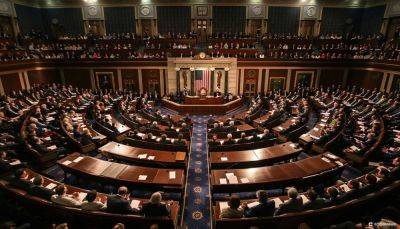Pakistan’s Finance Minister Reaffirms Government’s Interest in Digital Currency
Pakistan’s plans for a central bank digital currency (CBDC) gained fresh momentum on Sunday, with finance minister Muhammad Aurangzeb raising the debate again.
At the World Economic Forum (WEF) special meeting in Riyadh, Aurangzeb highlighted the nation’s undocumented economy as its biggest hurdle, local outlet World Echo reported. He revealed that Pakistan’s annual revenue stands at Rs. 9.4 trillion ($33.7b), but about half of its economy is not officially recorded.
He also acknowledged the struggle for financial inclusion, particularly for women facing issues like cash theft by family members. He highlighted government assistance programs for women in Pakistan, but also emphasized the potential of digital wallets to empower them financially by offering greater control over their money.
Separately at the event, IMF Managing Director Kristalina Georgieva expressed concern about the economic struggles of some nations, including Pakistan. She indicated a global economic divide, with certain countries thriving while others fall behind.
Pakistan’s central bank, the State Bank of Pakistan (SBP), is aiming to fast-track the development of a digital rupee, aiming for a potential launch in 2025. Governor Jameel Ahmad announced the plan in July 2023, saying it involves careful consideration of other central banks’ experiences with CBDCs. Ahmad emphasized a cautious approach, prioritizing a well-designed and secure digital currency for Pakistan.
While financial inclusion for the unbanked is a major driver for CBDCs in many developing nations, Pakistan’s central bank might have additional motives.
Pakistan’s high inflation (20.7% as of May) could be pushing businesses and individuals toward alternative currencies like crypto. Despite
Read more on cryptonews.com





















